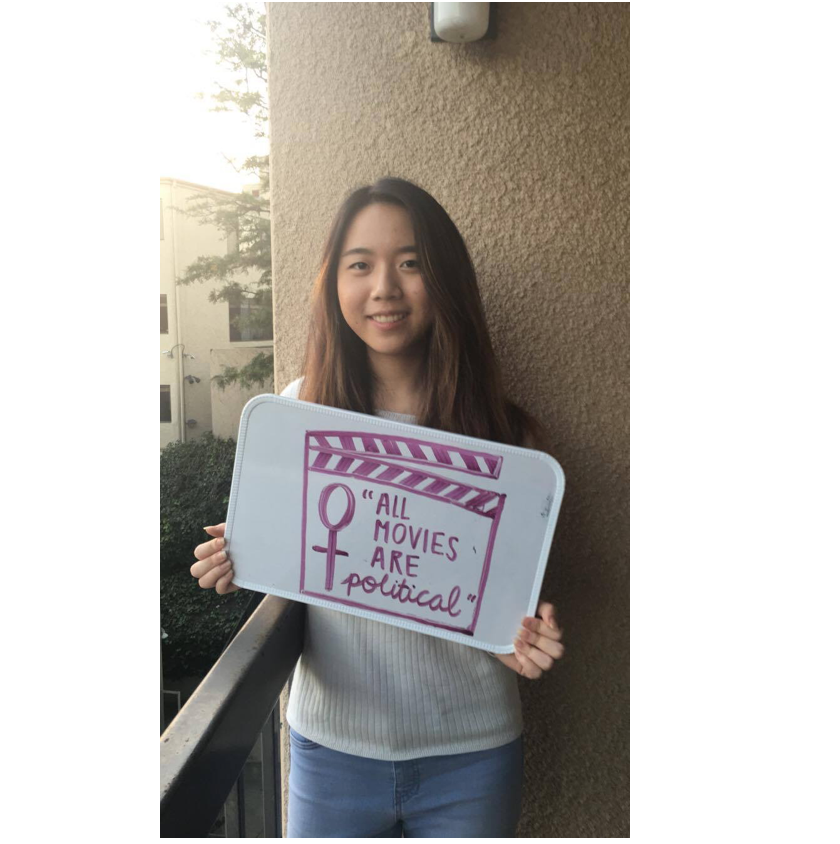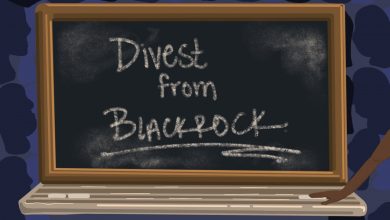Featured UCLA Feminist: Sabrina Ashleigh Tan

Photo by Natalie Delpino
Third-year film student Sabrina Ashleigh Tan believes feminism is a movement for “equalizing humans” and argues that at its most fundamental level it is the fight for “equality between just all types of people.” Sabrina advocates for an intersectional view of feminism that accounts for the different aspects of an individual’s identity and the different experiences that result from these complex identities.
During her freshman year at UCLA, Sabrina took a class titled “Sex: From Biology to Gendered Society” and was introduced to feminism. The course put terms to situations she’d been in and made her “more conscious about stuff [she] did on a regular basis.” Since then, this film student has used feminism to confront an industry that is primarily composed of white men.
Sabrina argues that “in film there are a lot of white males, I feel that creates a very one-dimensional viewpoint of the world.” As a filmmaker, she wants to integrate her “upbringing and philosophy, which differs from the standard white male filmmaker.” She hopes that by creating films that embrace her differences, she can encourage others to make films about their own unique experiences.
When Sabrina first began college, she felt her upbringing as an Asian-American woman gave her a different set of knowledge and skills than the students around her. These differences created feelings of inadequacy, but feminism helped her embrace them. When discussing what feminism meant to her, Sabrina stated “I think feminism gives me something to hold onto. To say it’s okay to be different…I’m bringing a different perspective that other people don’t have.”
In her film “Jaded,” Sabrina uses colors, music, and non-linear storytelling to explore a dysfunctional friendship. The main characters, Jade and Tammy, are played by two Asian-American women. These characters are free from restrictive tropes and are as complex as their emotional relationship.
When it comes to feminism and film, Sabrina is optimistic. She’s happy to see the release of films like “Hidden Figures”, which tell the narratives of people who have been dismissed. “We’re going in a positive direction…There is a push. People are being more vocal about the differences and how unfair it is that only one voice is being represented.”




